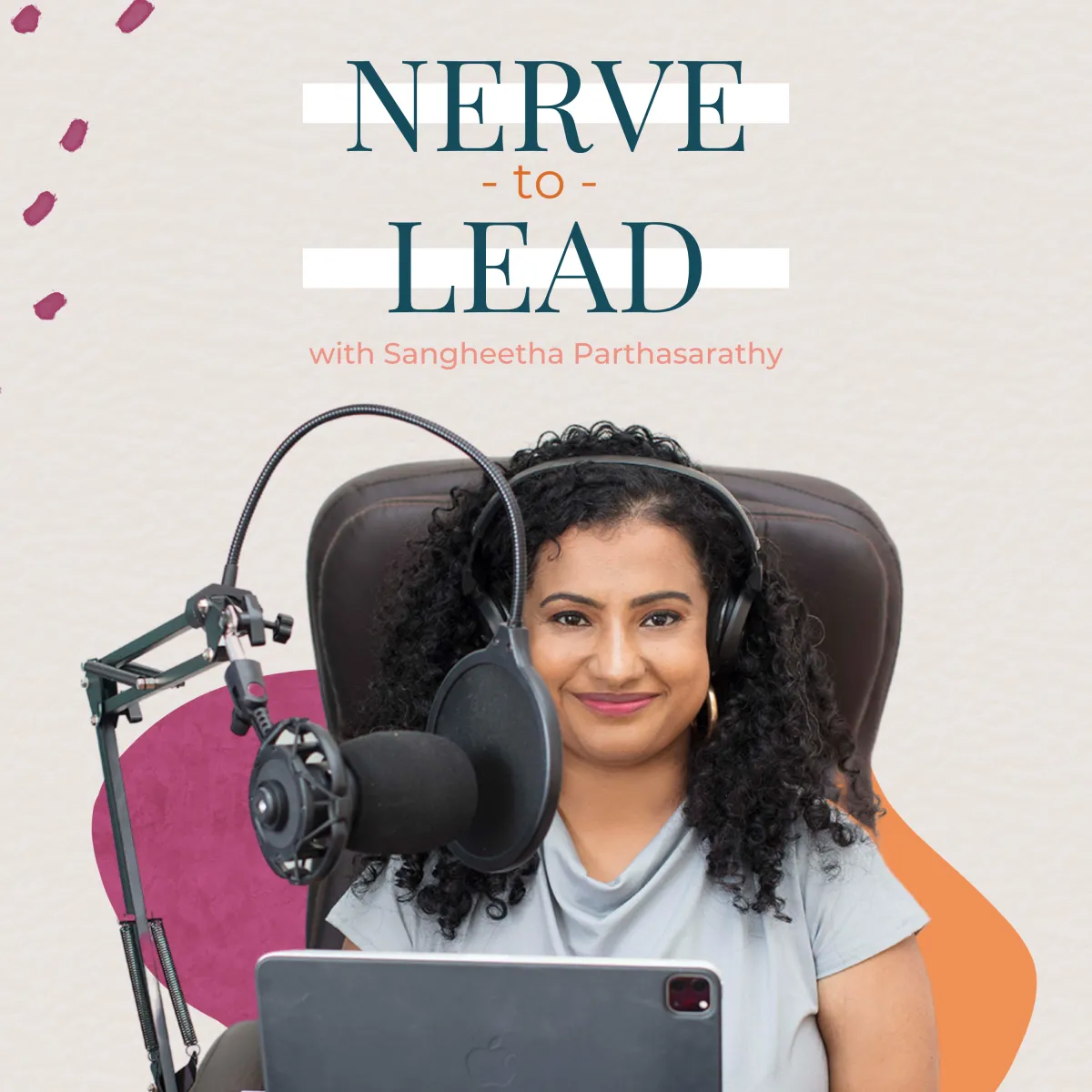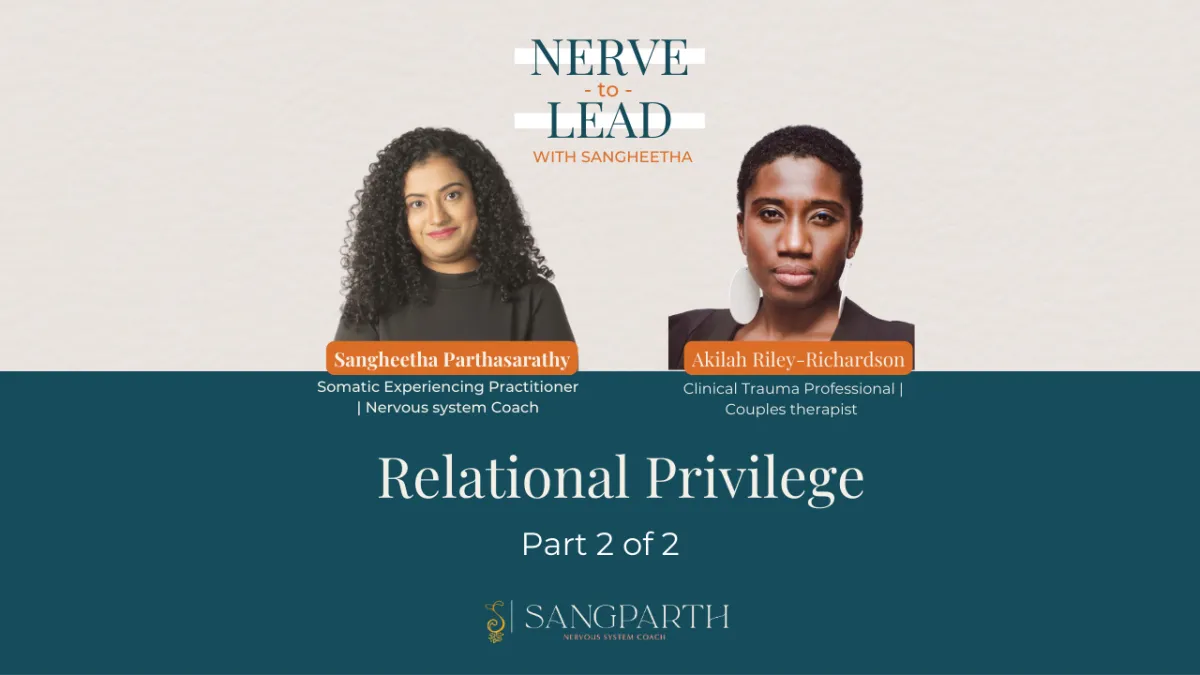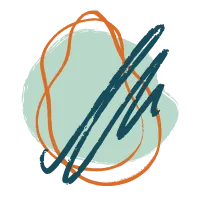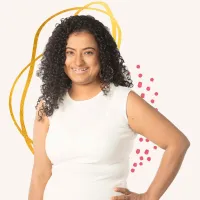The Nerve To Lead Podcast
with Sangheetha Parthasarathy
On The Nerve to Lead podcast, your host, Sangheetha Parthasarathy encourages CEOs, Entrepreneurs, deep thinkers, the round-pegs-in-square-holes, change-makers and visionaries to share their stories of power, pleasure and passion.
We cover everything from nervous system regulation, high achievement, trauma healing, parenting, partnership and attachment, intimacy and more. You will also get to learn the stories and knowledge from our expert guests and thought leaders.

Apply to be a guest on
Nerve to Lead Podcast
Welcome to 'Nerve to Lead' podcast. Apply here to be a guest on the podcast with Sangheetha Parthasarathy.
Invite Sangheetha as a
guest to your podcast
Invite Sangheetha, a Nervous System Coach, Speaker and Consultant to be a guest on your podcast.

Relational Privilege (Part 2 of 2)
Welcome to episode four with Akilah Riley Richardson who is a couples therapist. In this episode we go deep into Akiliah's model for decolonizing couples therapy work and explore concepts of her P.R.I.D.E model.
You can connect with Akilah on her website: https://akilahrileyrichardson.com/
LISTEN TO THE EPISODE
EPISODE TRANSCRIPTS
INTRODUCTION
Welcome to the Nerve to Lead podcast. Here we explore power, pleasure, leadership, identity, belonging, parenting, and couplehood, and explore stories of navigating through life, finding both authenticity and attachment through the common lens of the nervous system. I am your host Sangheetha Parthasarathy, and I'm so glad you're here. Welcome back to part two of my conversation with Akilah Riley Richardson, who is a therapist, speaker, and coach, and we talk more about relational privilege.
LIBERATORY CONNECTIONS
So tell us more about this work and what you're building. Yeah. I'm very excited. Because you know, so next year in May I'm going to be teaching the course relational privilege and systemic trauma 2.0. And when we are relaunching it, we're gonna redo some pieces and I'm going to add some other things to it as well. And so I've been sitting to thinking and imagining, and I'll tell you what's been happening with me now. I've developed this concept called Liberatory Connections. Yeah. And liberatory connections is tied into what I spoke about before. How do we create connections between marginalized people that not only help them to feel safe with each other, but help them to feel safe in the world and help them to go and deal with the world. Yeah.
I've been thinking a lot about building relational imagination. Yeah. And I wanna say, my whole understanding of relational imagination, does piggyback on this whole notion of radical imagination. Yeah. And to get couples to get very creative in terms of what their relationships can look like, that we don't have to craft relationships that necessarily abide biases in western norms or what it means to be a healthy relationship. We can figure out what that would look like for each of us. You know and I say, I think even my use of the word couple is kind of unveiling some resources. My own colonization, because truth be told, like I said, they're different relationship forms. So how do we get partners to be able to craft relationships that make sense for them, giving themselves the space to imagine. So a lot of the work is around that. What I do in my work is as I help people think about liberatory connections and relational privilege, I have these frames. Yeah. And I think you may have been exposed to it in the course. So for example, the Theater of Oppression. Yeah.
Oh yes.
And now a small break to talk about more resources, we've created a guide called The Immigrant Nervous System, which walks you through first generation re-rootedness in all its various aspects.
https://www.sangparth.com/rerooted-somatics-form
It is free for you to download and use. It is available as a link on the episode show notes, now back to our conversation.
Right.
THEATER OF OPPRESSION - HOW MY ROLE IN THE OUTSIDE WORLD FEATURES IN MY INTIMATE RELATIONSHIP ?
So I ask people, you know, what role do you play in the theater of oppression and how has that rule now been featured into relationship? So if in the wider society I feel like I have to be the aggressor, or if in the wider society I feel like I always have to appease or fawn, how does that now shape how I behave in my relationship? So I constantly have people thinking about how is the wider system affect the interpersonal interactions? What I'm stretching it to is them thinking about now the bidirectionality. So as I build the work, I'm gonna have people think about how does outside shape inside and how does inside shape outside. Yeah. I'm still imagining and spending time with that piece. It hasn't opened up fully for me yet, but that's where the work is. Because I want minoritized people to think about how their interpersonal dynamics play out in terms of how they interact with institutions of power as well.
Oh, absolutely. Oh my God. Yes. Yeah. So the work is, I'm gonna be building that into the work even more after. And while doing that, what I also do is that I have people do some trauma work as well. And the trauma work is really about helping people to kind of see that, you know what, we're constantly being traumatized by the system. Yeah. Yes. And so there are a couple frames that I use to support the trauma work that I do with couples.
Two of them are SOMOS and ICN Right. So SOMOS, got that out of the beautiful work.
THE SOMOS MODEL
There's a book called Womanist and mujerista psychologies written by Bryant Davis and & Comas-Díaz and the SOMOS model is there, where people can have a look at all the different identities that they've had to create to be able to survive, to own some of those identities Yeah. To team with the different incongruence, either front levels or layers of incongruence in those identities. Yeah. And to think about to move forward.
INTERGENERATIONAL COMPASSIONATE NETWORK
I also, I created something called the intergenerational compassionate network. So where people can sit, look at certain adaptations to trauma that exist in their body and see they can track that possibly back to an ancestor. Yeah. And use the wisdom of the ancestors to tend to the new, to the manifestation of the trauma in the present. And have this bidirectional kind of tending and soothing about with the self and the present and the ancestral wound as well. What I try to do as well is to support people in building their skills in their relationship. Yes.
RELATIONAL RESILIENCE
So I talk about stuff like looking at really relational resilience, which I love. Yeah. So relational resilience refers to the unique features of this relationship Yeah. That feed the members, feed the parties and enable them to be able to survive the world. So when I think about LGBTQIA love or BIPOC love or love between differently abled people, like I see them as different from other kinds of love. I think they're unique. I think they're powerful. And so I encourage minoritized groups to think about what is so, what is special about your love. Yeah. And I've heard, I remember once working with a same-sex loving couple, and them talking about the fact that because they're marginalized, they have to guard their love more, invest in their love even more. Yeah. And the things that a cis-het person would take for granted, they have to invest in it more. And, and for them, that was part of their relational resilience. Yeah.
We talk about how do you understand your relational resilience and how do you then nurture that in your relationship? Yeah. We talk about group resilience. What does it mean to be black? What does it mean to be an indigenous person? What does it mean to be in India? What does it mean to be gay? And how does within that community, what are the elements of strength in you? Yeah. So it's really about people just building that stronger sense of identity that they can use to fuel their relationships and fuel their ability to survive the wider society.
P.R.I.D.E MODEL
One of the things that I've been working on consistently as well is the pride model. Yeah. Yeah. So the pride model, P R I D E stands for Pivot, Rumble, imagine, Develop, Evolve. What I want the pride model to be is not a model that people just run and blindly follow. Right. I've positioned it for you to be able to generate your own. Yeah. So I see as a model, not just for clients, but a model also for clinicians who may want to create new forms of grid. So the p to pivot, I see the pivot in two ways. You pivot within, you look with them, and you also look without. So you're constantly doing this, constantly doing this turning in and out. So when you notice certain behaviors you think about, okay, what's happening with me and how is this being shaped by my wider society? Yeah. I'm constantly pivoting. If you are working with your clients, you help your clients to pivot what's happening within you, how is this being shaped by the wider society?
And the rumble, I think is the most uncomfortable piece. Because, and it's very similar. I think when you look at how Staci Haines does the work around examining your longings. Like you're there and you asking yourself, where did I learn this? What is the benefits of this? Whose needs is this serving? Is this useful to me? All of those different things. And I think that's the one of the most uncomfortable parts of it when you begin to realize that you know what the things that you're doing are largely constructs. Yeah. And I think that can result in you feeling a little bit unmoored because feeling tethered to something I think and feel so important for us having a sense of identity. But then what I think happens after that is that I ask people to do I, which is to imagine, okay.
WHO'S IMAGINATION IS IT ?
So you realize that what you are seeing as truth is really somebody else's imagination. Like I love, there's this line from Adrienne Maree Brown where she talks about are we living in somebody else's imagination and calling it truth. And that always just, oh, it does something to my heart whenever I have to think about it. And so, you have people that make you realize, okay, living somebody else's imagination, how about you create your own imagination? Yeah. How about you make that your truth? Yeah. Do you know you have permission to imagine, because you're living in somebody else's imagination. They gave themselves permission. You can give yourself permission now and then you can develop, yeah. You can spend your time, you know, creating your, fleshing out your imagination, laying the blocks.
And most important thing, I think this is very important after I've developed, then I must turn back and look at myself and ask myself, who am I now? That's the either who am I now, now that I've generated this new thing? How do I redefine self? And if I'm thinking about it in terms of clients and couples, after we've asked a couple to imagine a new way of being, craft that then who are you now? Yeah. How you understand your identity as a LGBTQIA couple, what are your values? What does it mean for you? And pride never stops, we have permission to keep redefining and changing and shaping. Yeah. We don't have to stop. So I think my biggest project right now is our pride model. Yeah. Because of how I see it meaning so much for clients, especially clients on the margins, but also for clinicians, especially clinicians on the margins, you know?
FIDELITY TO THE CLIENT OR THE MODEL ?
Yes. I was with my colleague John Edward saying, we need to have more fidelity to the client and to the model, yes. And I think what pride allows us to do, is to give fidelity to the client or fidelity to self. And I don't want pride to be this thing where people just follow it blindly. I've said that before. I really want people to feel like, you know, what, if this doesn't work for you, what can, what else can I create? I see pride as a model, but also as a stimulus for other people to create stuff that works for them. So that's that for me is where I'm, what I'm sitting with currently. Yeah.
CLOSING AND END CREDITS
That sounds amazing. Well, thank you so very much and just thank you for all the work that you do. I think it's amazing what you're creating and I think there's a very emergent need for us to redefine and reimagine trauma work in a more, de colonialized lens. And I think that's where I think what you're doing is just amazing. And then again, if people listening to it, Akilah is gonna run that course next year. So watch out and yeah, I personally have benefited so much from your work and yeah. Thank you so much.
Welcome. No problem. Thanks so much for having me. Hi to everyone.
Thank you for joining me today on Nerve to Lead Podcast. The music you hear in this podcast was created by Sound Creed. You can find their link in the description. Thank you to Vaishnavi and Pavithra in team Sangparth for producing and editing this podcast. Did this episode resonate with you? If it did, please share it with your friends, family, coworkers, or clients. We would also love to hear from you. Drop us a note on www.sangparth.com
Thanks to Sound Creed for the music, you can visit them here https://www.youtube.com/@SoundCreedLLP
Curious about the work? Visit www.sangparth.com and book a free 15 minute call https://www.sangparth.com/15min-call
What we offer
Our Areas Of Focus

Career, Entrepreneurship& Leadership

Sex, Relationships
& Parenthood

Eating, Movement &
Body Image

